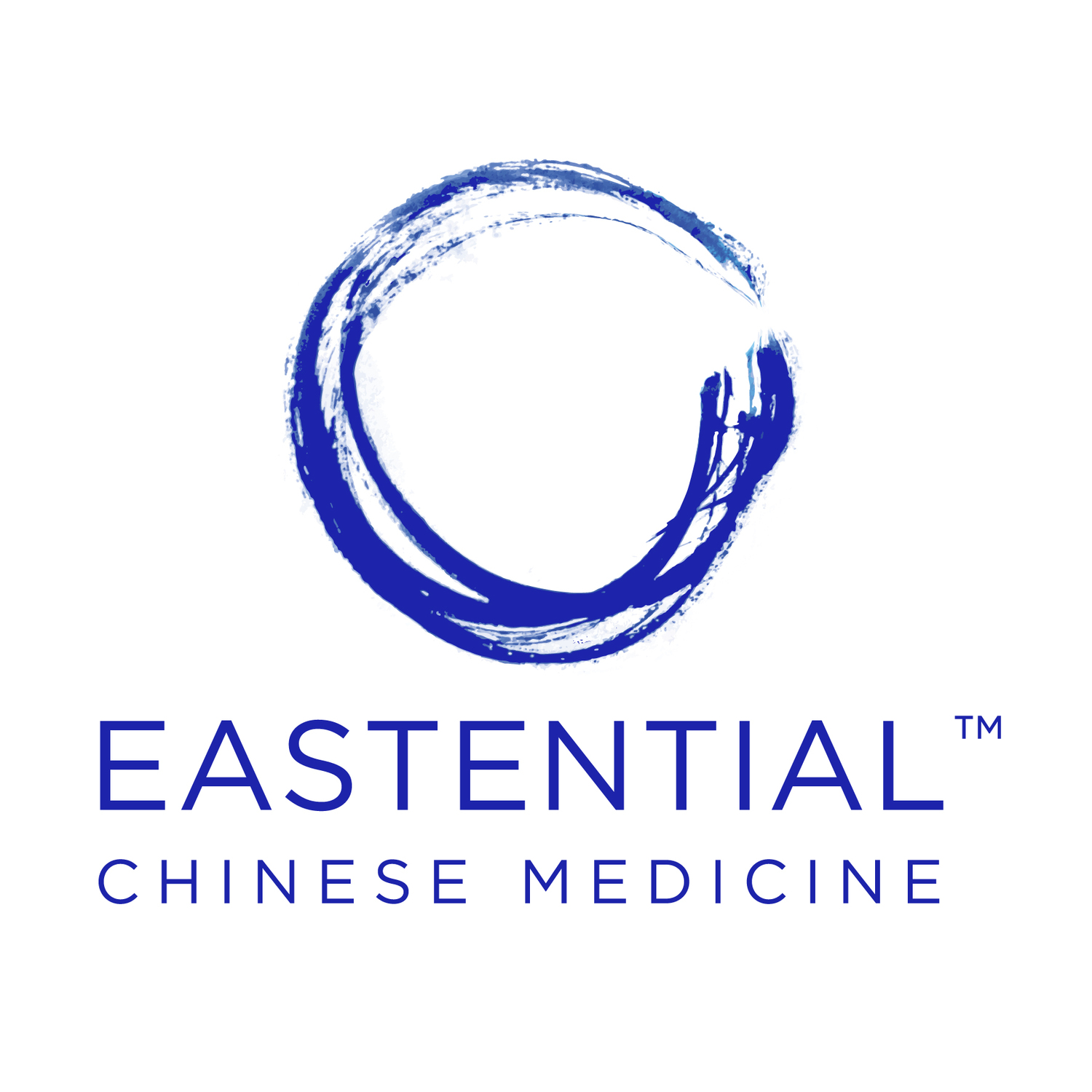1) HYDRATE - one of the best way to combat dry skin. By hydration I mean drinking plain water, preferably warm to room temperature plain water. Aim to drink at least 1-2 litres (6-8 glasses) on a daily basis. I find filling a water bottle which is in clear sight from where I work is a great reminder to keep up with my fluids. Also aim to reduce intake of caffeine (coffee, tea), sugary drinks (fruit juice, energy drinks) and alcohol as these often lead to dry skin, and is a leading cause of wrinkles.
2) MOISTURISER - natural ones are the best. In winter, I swtich from a light weight moisturiser that I use in summer to a more heavier and hydrating moisturiser to prevent my skin from drying out. This makes sense as the temperature and weather changes, so does our skin care products and regime. Aim for moisturisers that have nourishing properties such as sweet almond oil or apricot kernel oil which are especially good for dry skin. It also helps to improve your complexion giving you that 'youthful glow' and keeps wrinkles at bay. Three to four drops of either of these oils added to regular moisturiser for people with oily skin is often sufficient for colder months. For those with dry or mature skin like myself, the best is to invest in a heavier and hydrating moisturiser that contain ingredients such as shea butter, jojoba oil and avocado oil. I will also add a few drops of either sweet almont oil or apricot kernel oil to the moisturiser to give my skin a further boost of hydration. Avoid cleanser that has alcohol labeled on it. This will strip your skin of your natural oil and will make your skin feel dryer and potentially make it itchy.
3) SCRUB - a great way to shed off dead skin for the face and body. Scrubbing is a great way to stimulate and circulate Qi and Blood to the face and body while getting rid of dead skin. It is important to do this often to encourage skin regeneration. I use a mild scrub for my face once a week and a loofah scrub for my body at least once every two weeks. I find my skin feels amazingly soft and subtle, and is able to absorb the goodness from my moisturiser better. Scrubbing is also a great way to encourage lymphatic drainage. CAUTION! If you have skin problems such as eczema, psoriasis and any other skin problems, please seek advise from your health care practitioner before using this technique.
4) MASQUE - adds additional hydration to your skin. I tend to use facial masque sheet more often in winter than I do in any other season to add more hydration to my dry skin. I use a signature Chinese herbal masque powder which I use on my clients in my clinic, that helps with nourishing and hydrating the skin. It is a great way to use the 10 minutes while the facial masque sheet is applied to meditate and calm your senses, in return it will help to combat signs of aging from the stresses of daily life.
5) EXERCISE - great for skin health. When you exercise, you stimulate and circulate Qi and Blood around your body and to the surface of the skin. Good Qi and Blood is vital to keep your skin soft, moisturise and hydrated. In addition, exercise is good at eliminating unwanted toxins from your skin when you sweat. Bare in mind that what you sweat out, you will also need to replenish it back in with fluids such as water or coconut water. In addition, exercise is a great way to reduce stress which is one of the most common cause of aging and wrinkles. I would recommend a 30 minute to an hour of daily exercise such as brisk walk, yoga, dancing etc to get some benefits out of it. Added bonus - for those that have cold hands and feet like I do, daily brisk walking for 40 minutes to circulate Qi and Blood has been the best remedy so far.
6) HOT SHOWERS - reduce it! As much as hot showers or baths are very enticing during colder months, they are actually bad for your skin. The longer you are in a shower or bath, the more if will strip away the natural oil from your skin. Aim for shorter showers, avoid hot baths as much as you can and if possible, recuce the temperature of the hot water used. Once you jump out of the shower, dry your skin by gently wiping you face and body with a cotton towel, then lather on your nourishing oils and moisturiser soon after. This will ensure that you skin will absorb all the nourishing goodness from your moisturiser which will keep it soft and moist.
7) DIET - nourish dry skin from inside out. I often tell my clients that comes in for Facial Rejuvenation Acupuncture that the skin is the biggest organ in our body. What we eat if often a good indicator of how our skin is performing. To help with dry skin, aim for foods that are high in omega-3 and omega-6 essential fatty acids. This will help to keep the skin cells strong, maintain elasticity and help keep the skin moisturise. Foods that contains these nutrients are avocado, oily fish such as sardines, flaxseeds and walnuts.









